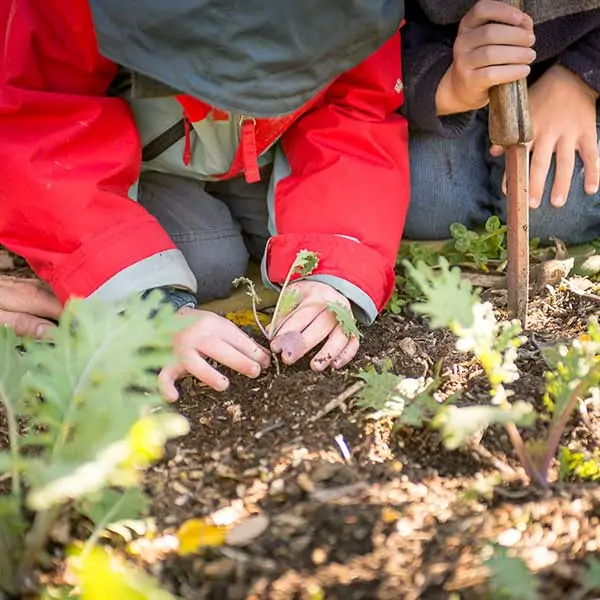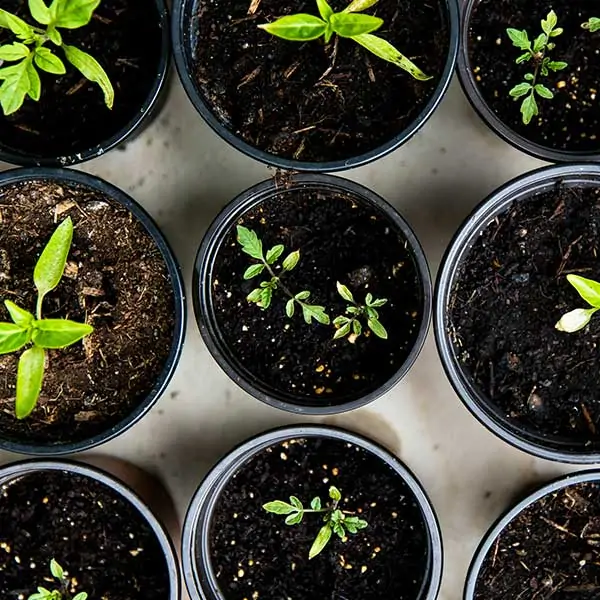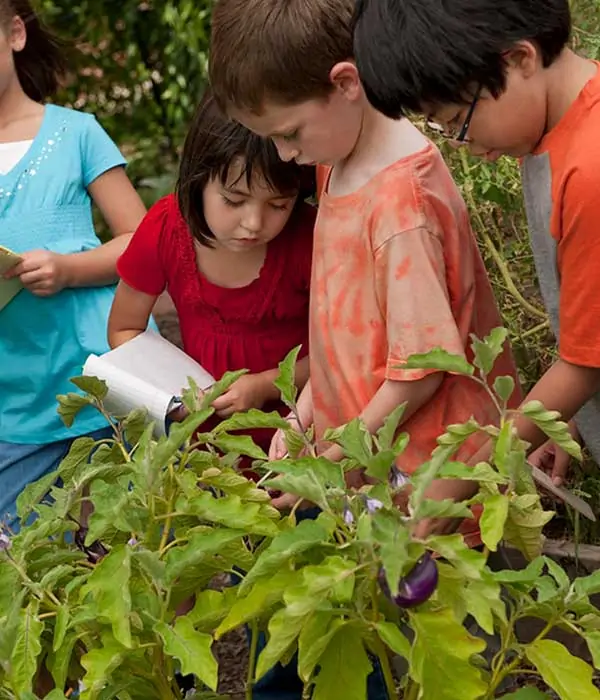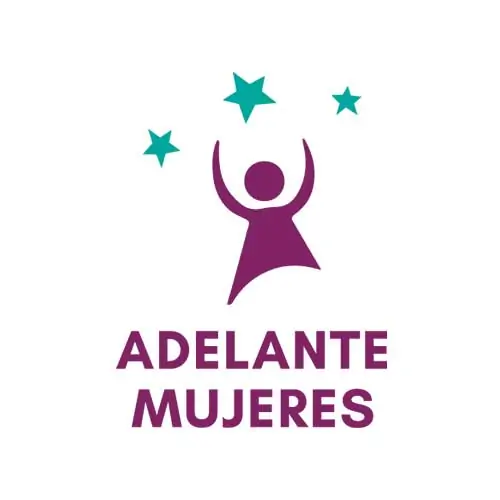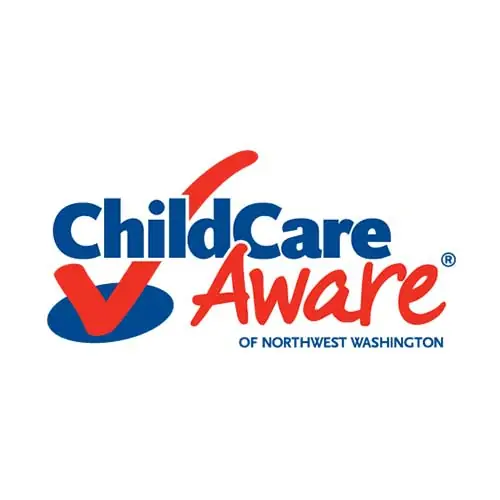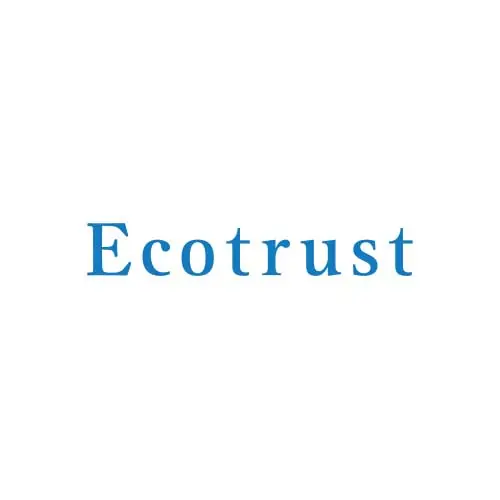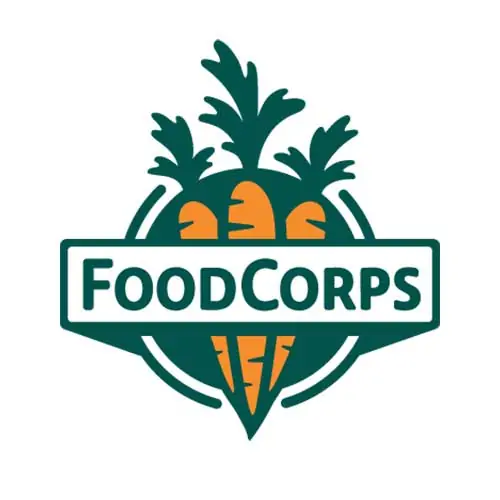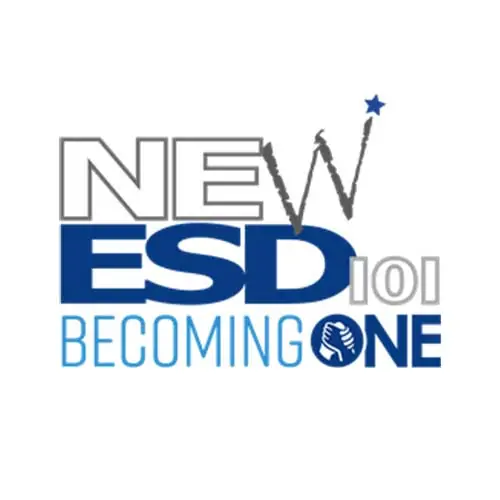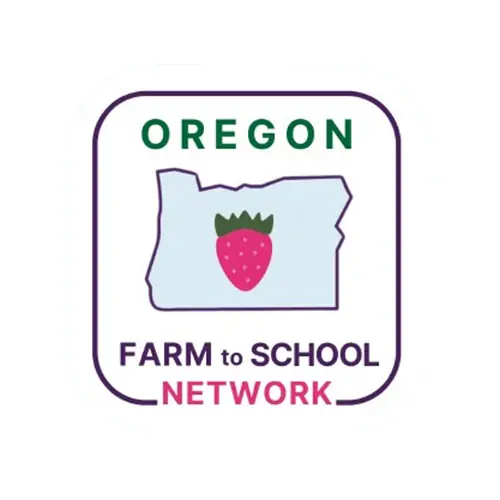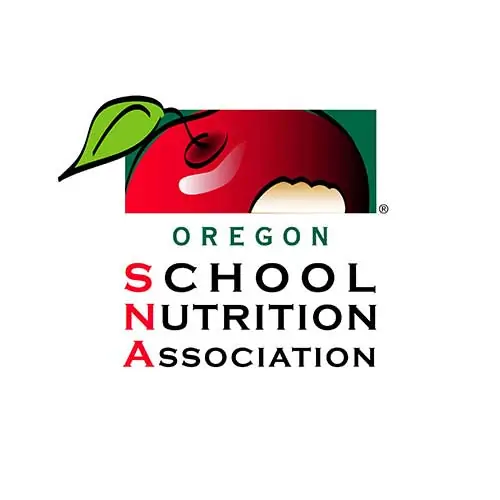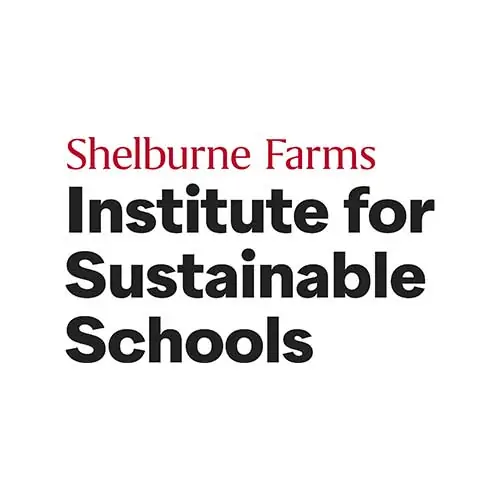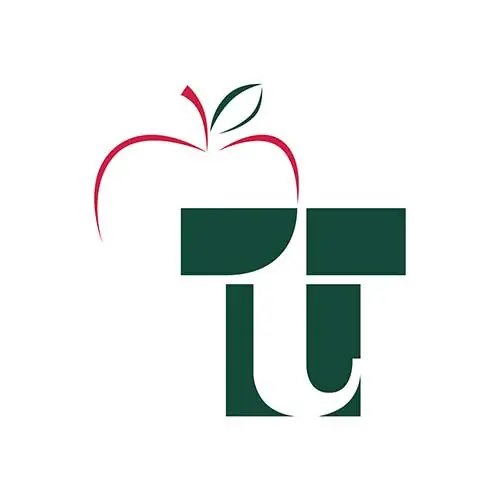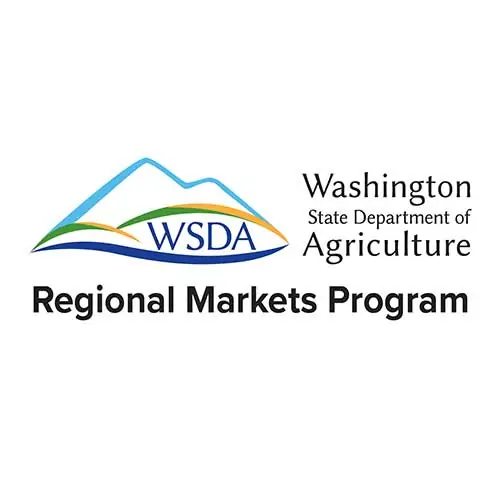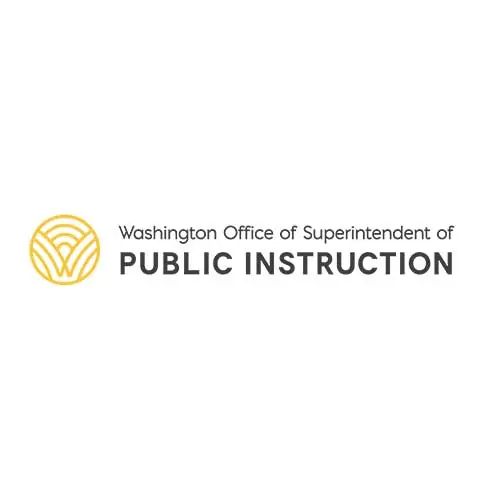The 3Cs Approach to Farm to School (adapted from Vermont FEED)
The 3Cs approach, which Vermont FEED developed in 2000, has taken root across the country as a successful model of change that connects efforts in the Cafeteria, Classroom, and Community to achieve robust and sustainable farm to school programs.
We’ve found that the more successful programs are not “add ons” to policies and curricula, but integrated throughout the site or center’s priorities and culture. This requires collaboration among administrators, school nutrition professionals, students, families, and educators.
In the Classroom (also referred to as “curriculum” for ECE)
Farm to school education provides a real-world context for learning across all disciplines. Engaging young children in hands-on opportunities such as planting school gardens, cooking food from scratch, and visiting local farms establishes meaningful connections to the curriculum and deepens understanding. Rather than an add-on to an already crowded curriculum, food, nutrition, and agriculture can be integrated within the existing curriculum, from literacy and history to math and science.
In the Cafeteria (also referred to as “kitchen” for ECE)
The place where meals are served (cafeteria, kitchen, tables in the classroom) is a major hub of activity. It can be a powerful educational environment engaging young children in activities like taste tests and cooking lessons to introduce them to new foods and empower them to make healthy choices. Farm to school programs connect the expertise of school nutrition staff with education initiatives, resulting in increased participation in the meal program, reduced waste, and making nutritious food accessible to all students.
More than half of America’s children—nearly 30 million students—get daily nutrition from school meals, and schools spend over $6.3 billion on food costs. These numbers present enormous opportunities, and farm to school programs leverage this potential by strengthening connections between school meal programs and local food producers. When a cafeteria increases its local purchasing, it bolsters its local economy, resourcing it with funds that recirculate and build value long after the original sale.
In the Community
Making connections within the community builds partnerships outside the site or center for place-based learning and garners community support for school initiatives. Young children have opportunities to learn about how their food is produced and to develop their own agency for creating change. Farmers build relationships with early childhood programs, schools, and other local institutions that allow them to expand into other wholesale markets and boost the local economy. Community dinners and harvest festivals involve parents, families, and the whole community in building a food culture that is celebratory, honors multiple foodways, and is committed to healthy and sustainable food choices.
